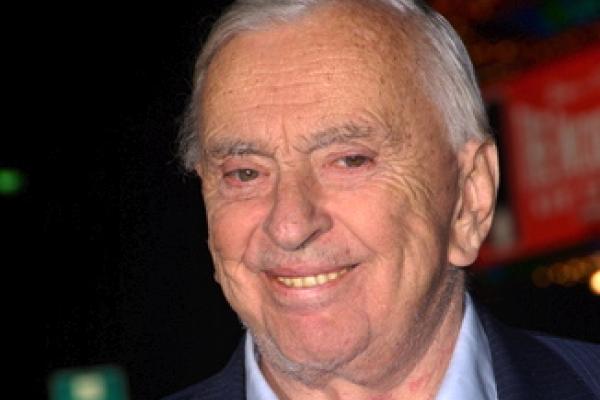Back in the 1970s, when I still was living near William F. Buckley in Switzerland close to my parent’s ministry, L’Abri Fellowship, from time to time the author would visit my mother and father for tea.
My late father (the theologian Francis Schaeffer) and Buckley had little in common apart from a shared love of art, the Swiss Alps, and a sense that the West was in a decline that only Christianity could reverse — even if they would not have agreed on what that word “Christianity” meant. WFB was a bon vivant Roman Catholic and Dad was a “biblical inerrancy” fundamentalist.
Dad would serve tea, but I could tell that, as the afternoons wore on, Buckley might have preferred an offer of something a bit “stiffer,” as the Brits call a real drink. Later, in the early '80s, Buckley and I were comparing notes about speaking (I’d just addressed the Southern Baptist convention before I fled the evangelical scene), and he mentioned that he agreed with Winston Churchill who said, "You can't make a speech on ice water."
Dad was a teetotaling Presbyterian. Notwithstanding, Buckley — perhaps to annoy my father — once said, rather pointedly, that he always demanded a couple of glasses of wine before taking to the podium.
When I learned of Gore Vidal’s passing Wednesday, I recalled Buckley talking to Dad and me about how Vidal and he used to go hammer-and-tongs arguing on TV — mostly on Buckley’s program Firing Line — only to go have a drink together after the show.
Read the Full Article

